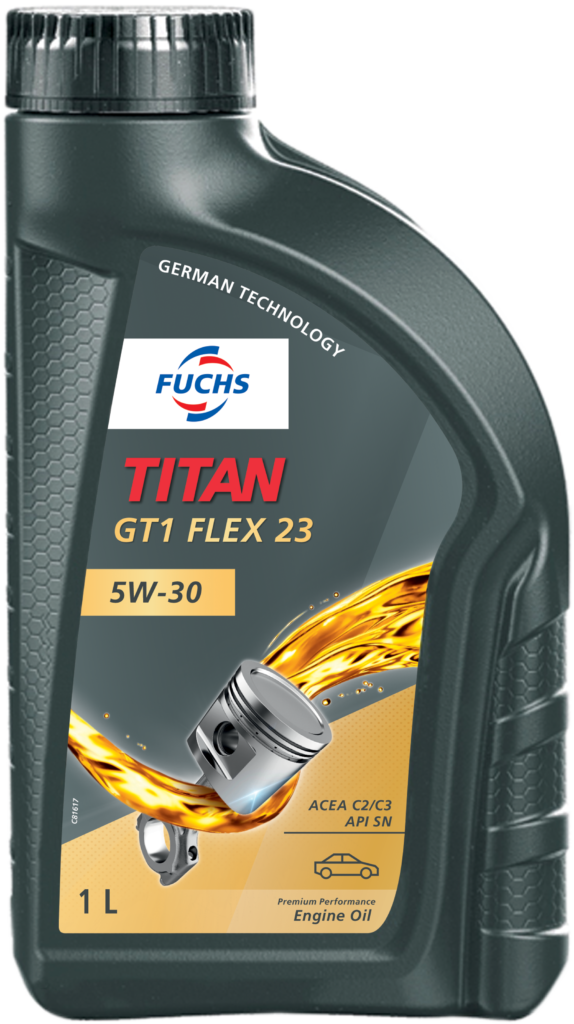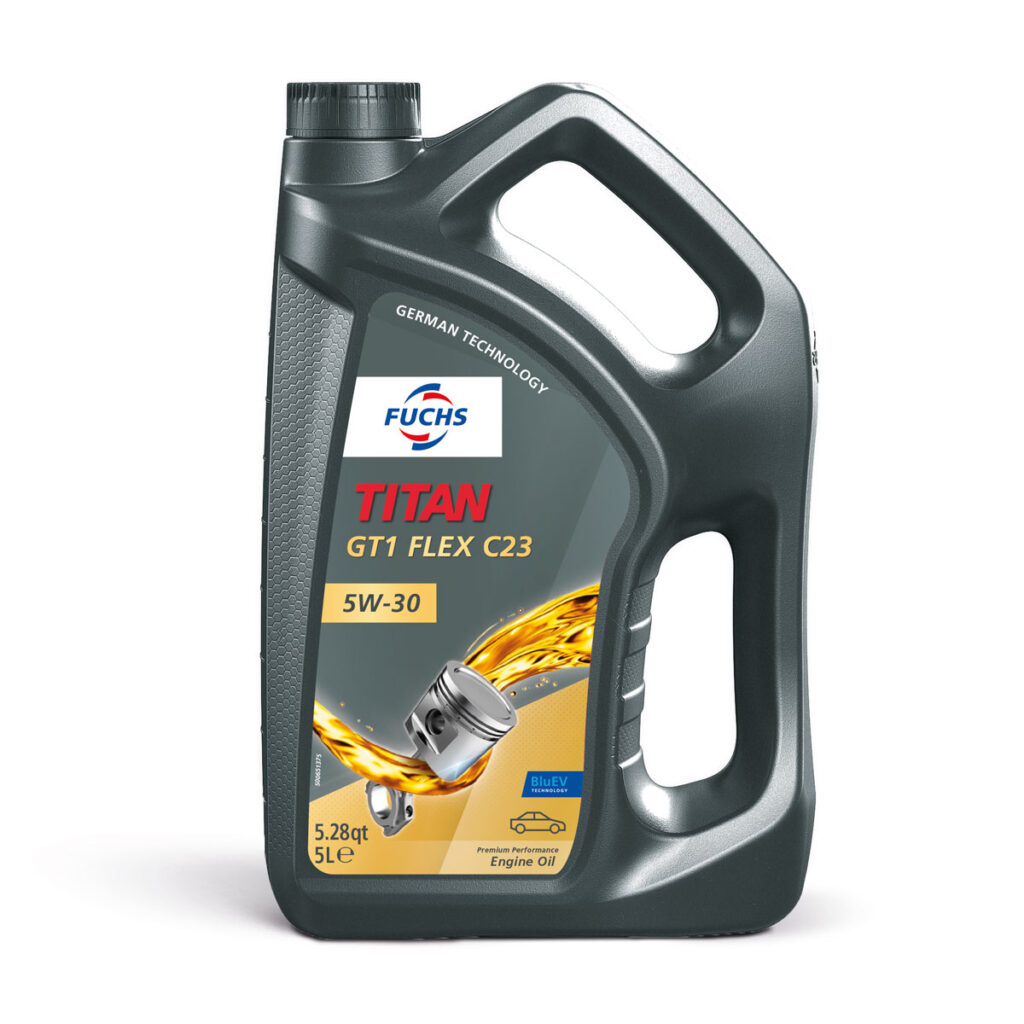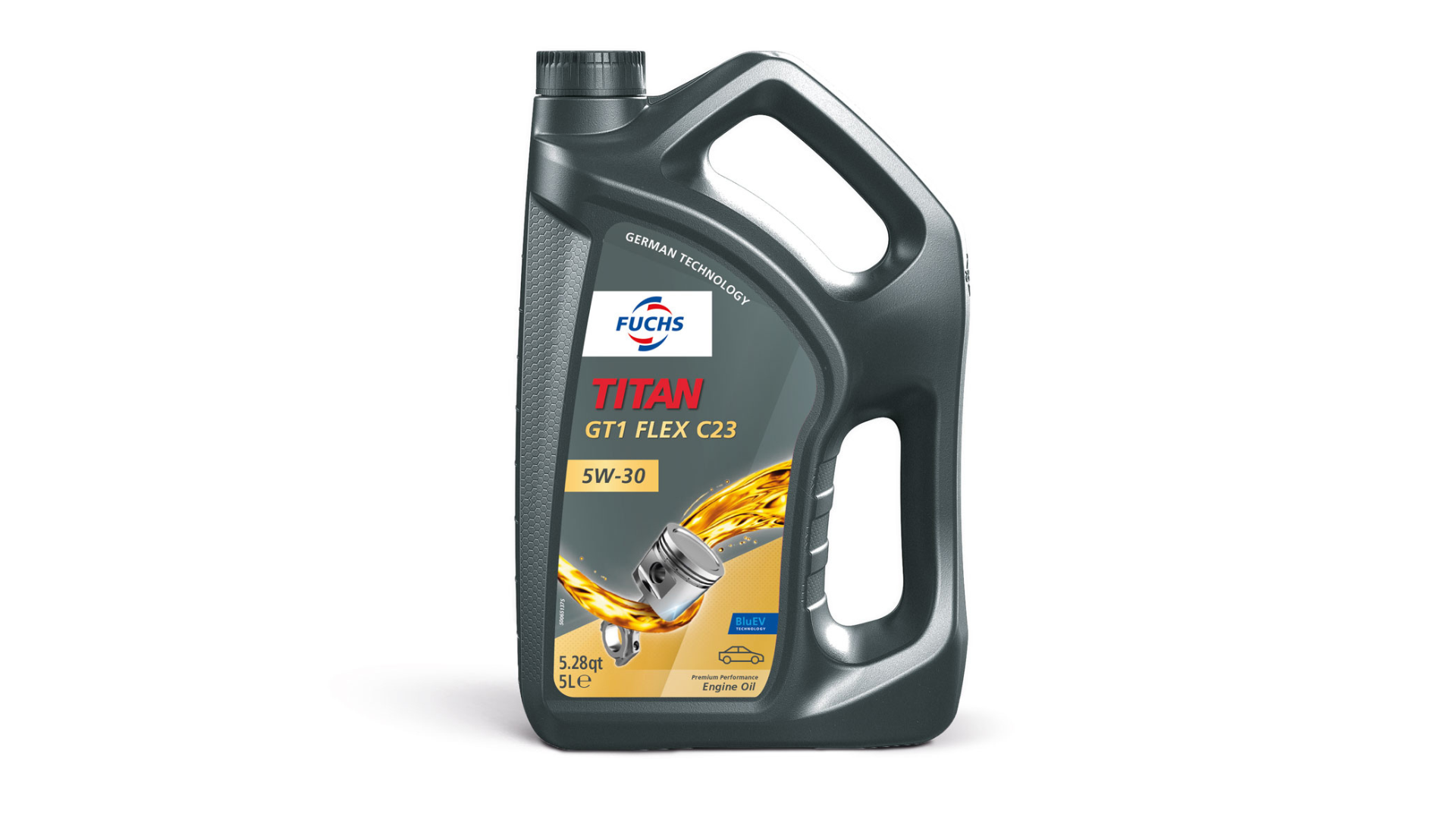Aiming to be the world’s most sustainable lubricant solutions provider is the driving force behind FUCHS’ sustainability initiatives, says Esther Seabi, Sustainability Director at FUCHS LUBRICANTS SOUTH AFRICA. FUCHS updates its strategy to regularly to ensure that its vision is realised, with the latest including a commitment to climate neutrality.
Using 2021 as the base year, the Group aims to reduce its Green House Gasses (GHG) emissions as follows: A Scope 1 and 2 reduction of 42% by 2030 and 90% by 2040, and a Scope 3 reduction of 25% by 2030 and 90% by 2040. “These are challenging targets, but we accept it is what needs to be done as our contribution to limiting global warming to between 1.5°C and 2°,” says Seabi.
“We have been carbon neutral gate-to-gate (that is, within our operations) since 2020,” highlights Seabi. This is due to improved energy efficiency and conservation, and compensating for emissions that could not be avoided by purchasing carbon credits to invest in various carbon mitigation projects. The new strategy specifies targets. “Our focus areas are therefore to reduce our carbon footprint (CFP), improve awareness among stakeholders, and to build credible systems and processes.”
As far as reducing the CFP to achieve the Scope 1 and 2 targets, FUCHS focuses on energy conservation, efficiency, and increased use of renewable energy. It has developed a portfolio of projects that it has started to implement. Low-hanging fruit in this regard include insulating tanks and steam lines and installing VSDs.
“We are already seeing some considerable saving in energy consumptions which translates into reduced GHG emissions,” notes Vhutshilo Mudumela, Sustainability Specialist, FUCHS LUBRICANTS SOUTH AFRICA. We are very excited about the results we are seeing from the projects implemented thus far. For example, after installing VSDs on cooling tower fans, we logged the energy usage and found that the reductions exceeded our estimates,” says Mudumela. “These initial projects represent an eight percent reduction in our CPF against our baseline”.
Next are some waste heat recovery projects, such as from the vent condenser on the hot well into the boiler feed water. “We are also looking at using heat from manufactured finished products that need to be cooled to keep raw material tanks heated through a heat exchange system,” highlights Mudumela. In terms of renewable energy, FUCHS is looking to add an additional 677 kWp PV system this year.
In terms of Scope 3, FUCHS has already developed a roadmap of initiatives to achieve these targets. As most of this scope revolves around purchased goods and services, FUCHS has developed some milestones for its suppliers to achieve.
“We have adopted a partnership approach to support our suppliers on the journey. Last year we offered awareness sessions about sustainability and training to calculate GHG emissions. Education and training is also a pillar of our strategy. We can only succeed if our stakeholders, internal and external, are aware and motivated to fulfil the requirements,” says Seabi.
Circular economy initiatives are also a focus area for FUCHS’ own products and what it purchases from suppliers. For example, the TITAN 500 ml, 1 litre and 5 litre containers already include 30% Post consumer recycled materials ECYCLED (PCR) recycled materials, with plans to increase this to 50%.
In terms of waste, FUCHS has a waste management plan based on reduce, reuse, and recycle. “We have already introduced biodegradable packaging and probiotic waste food recycling in our canteen,” adds Seabi. Other initiatives include reducing solid and hazardous waste by treating and converting it into recyclable materials.
“Another important part of our strategy is to build credible systems and processes to ensure we produce accurate and reliable results.” Adopting a systematic approach and building management systems that are externally verified is one way to do this. FUCHS is already ISO 14001 certified and is working on achieving ISO 5001 accreditation. FUCHS uses the ISO 26000 guidance to define material sustainability issues in the business and to identify relevant processes and KPIs.
FUCHS benchmarks itself internationally through Ecovadis, a global provider of sustainability assessments and ratings for businesses and their suppliers. Its mission is to help companies improve their environmental, social, and ethical performance. FUCHS scored 63/100 in its last rating, placing it on the 81st percentile and being awarded a bronze medal.
“We are working towards achieving a gold medal,” says Seabi. The FUCHS LUBRICANTS SOUTH AFRICA head office building in Isando is certified NetZero carbon by the Green Building Council of South Africa. “We are monitoring our performance and implementing initiatives to ensure we remain a net zero carbon certified building post July 2025 when our current certification expires,” she concludes.





